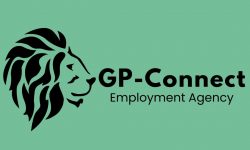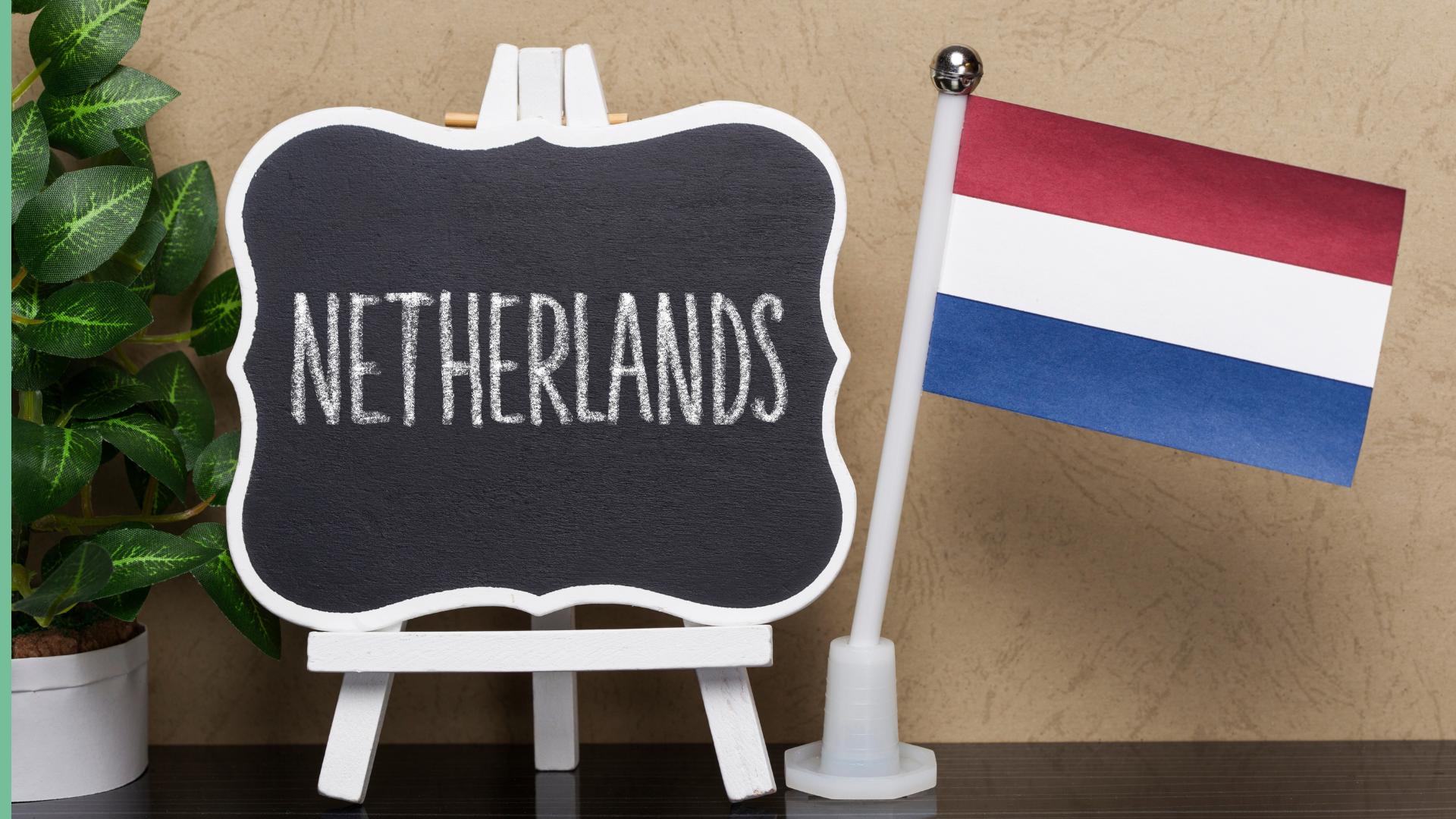GP-Connect has prepared you a comprehensive guide that will help you navigate the Dutch lifestyle. You’re about to embark on a journey filled with vibrant culture, efficient transportation, and a lifestyle centered around bicycles.
BSN Number Appointment
Your first order of business upon arriving in The Netherlands is to secure your Citizen Service Number (BSN). This unique id number is essential for various administrative processes, including working and living in the country. Schedule an appointment with your local municipality or Expat Centre within five days of your arrival, and prepare necessary documents such as your passport, employment contract and your new address.
DigiD Registration
Registering for a DigiD (Digital Identity) is crucial for accessing government services and online platforms in The Netherlands. Head over to the DigiD website to apply for yours and simplify your interaction with various digital services.
You can get your DigiD here!
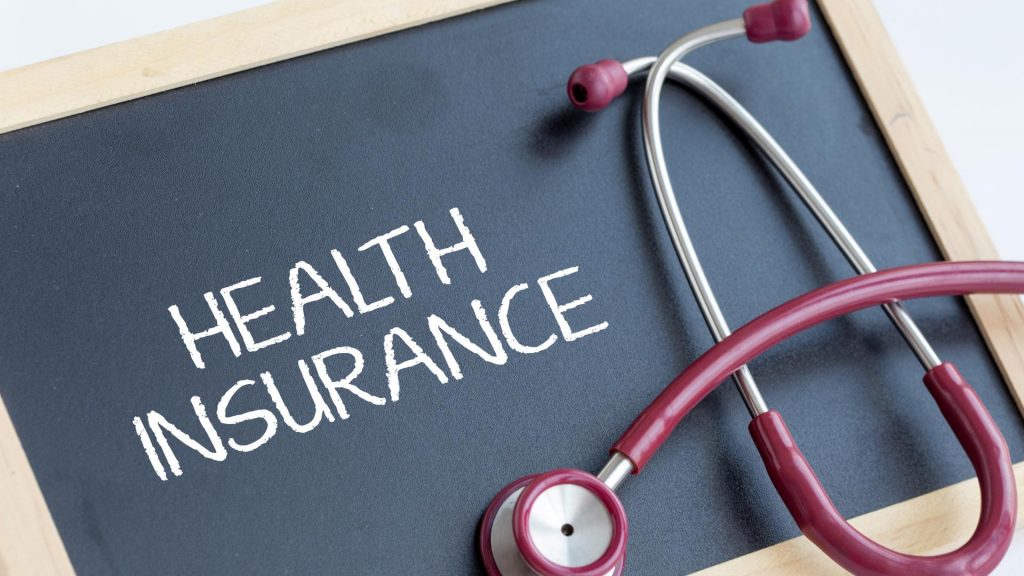
Health Insurance
Healthcare is a top priority in the Netherlands, having insurance coverage it is mandatory for all residents. There are many certified insurance companies that are ensuring adequate health insurance, which is essential to access medical services without financial strain. What you need to know is that if you work in the Netherlands you will most probably have the standard Dutch Insurance. Usually, every year the Dutch government decides on the minimum amount of deductibles. These deductibles are the amount that is not covered by the insurance. The average sum for deductibles is usually around 400eur per year, but every year this sum is updated.
What are these deductibles? Well its quite simple, let’s take our case with 400 euros. If you need medical assistance or medical services the first 400 euros for that year need to be covered by you. If your medical expenses for that year go above those 400 euros, everything that is above that sum is fully covered by the insurance.
Failure to obtain Dutch health insurance may result in penalties, so it’s crucial to prioritize this upon your arrival.
Groceries
Understanding the types of supermarkets in the Netherlands is essential for grocery shopping and budgeting effectively. Supermarkets like Albert Heijn and Jumbo offer convenience and many weekly offers or bonuses that can suit your wallet really nicely. But exploring budget-friendly options like Lidl, Aldi or Dirk can be really good for basic ingredients and groceries.
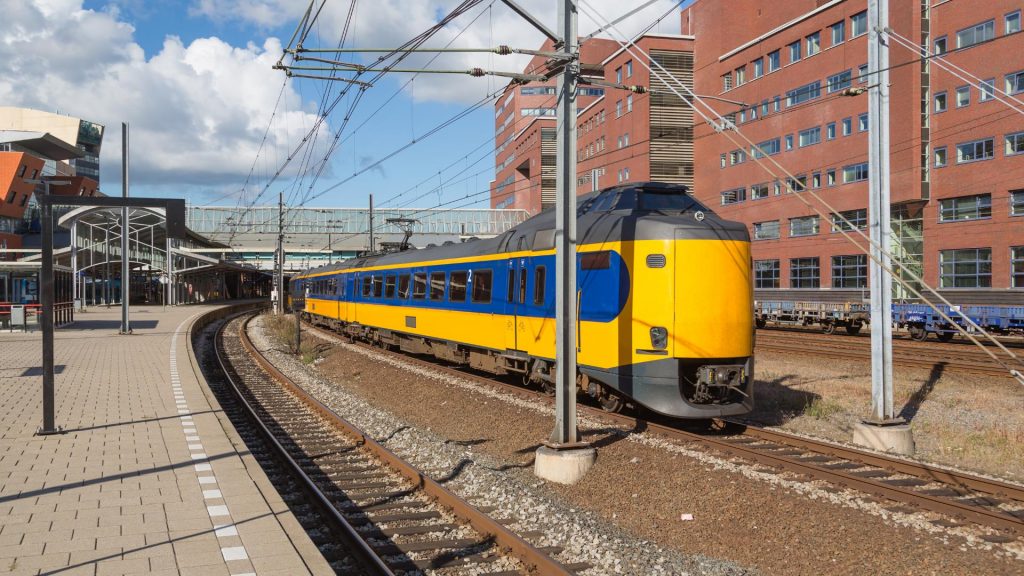
Transportation
In the Netherlands, getting around is really easy thanks to the well-developed public transportation system. As their preferred mode of transportation for longer distances the Dutchies’ go to are the trains, reliable and convenient. Should there be any cancellations, alternative routes are always available, ensuring you reach your destination on time.
For shorter journeys within cities or nearby villages, buses are a convenient option. However, it’s essential to note that night buses are limited, with services typically ending around 18:00-19:00.
In cities like Amsterdam and Rotterdam, you’ll also find trams and metros, providing efficient transportation within urban areas.
Bikes
There is no secret that dutchies simply love biking. With more bikes than people, cycling is not just a means of transportation but a way of life. From short commutes to braving the elements, biking in the Netherlands is an experience like no other. The infrastructure of the bike lanes across Netherlands a safe and enjoyable ride for all bikers. Second-hand bikes are available at really affordable prices. You can get a second hand bike at a price rage of 15€- 100€. If you do not want to buy your own bike there are also rental bike services with which for a very small monthly fee you can use a new bike and maintain an e of the bike is included.
How to Travel
Navigating the public transportation system is made easy with the OV-chipkaart card. Available in three types—Disposable, Personal, and Anonymous—the OV-chipkaart allows seamless travel across various modes of transport and across all cities in The Netherlands(you can get your OV chip card through this website). Whether you’re commuting daily or exploring the country, this card is your ticket to hassle-free travel. Additionally, you can also get tickets directly from the yellow train station machines or at the entrance of the bus directly from the driver. Instead of having an OV-Chip card you can use your mobile payment option directly at the ticket scanners. There are just so many ways!
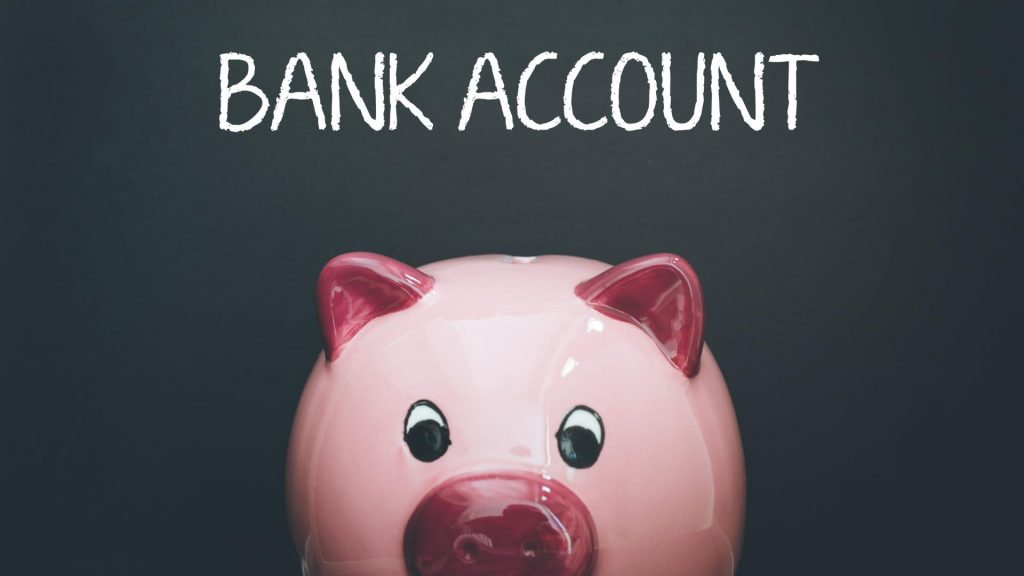
Bank Account
While having a Dutch bank account isn’t mandatory for working in the Netherlands, it offers convenience for managing finances. With Maestro and V PAY cards widely accepted, transitioning to a Dutch bank account simplifies daily transactions, especially considering some establishments may not accept international cards. So after you got your BSN make sure to create a Dutch bank account.
Housing
Navigating the housing market in the Netherlands can be challenging due to high rental prices and limited availability. Whether you’re seeking shared accommodation or your own apartment, be prepared for varying costs depending on the city. Budgeting accordingly and exploring different housing options is key to finding a suitable living arrangement. At GP-Connect we try to offer assistance and provide the possibility of affordable accommodations for our candidates from our partners.
Language
While Dutch is the official language, the Netherlands is the country with most English speakers outside of an English speaking country. This makes communication easy for expats and visitors alike. Learning a few basic phrases can enhance your experience and show appreciation for Dutch culture, although most locals are good with conversations in English too.
In conclusion, welcome to the Netherlands—where efficient transportation, cycling culture, and a vibrant lifestyle await. Embrace the Dutch way of life, explore and savor every moment of your journey in this beautiful country.
Enjoy your stay!
